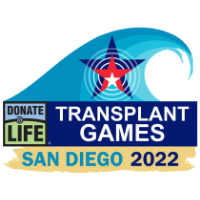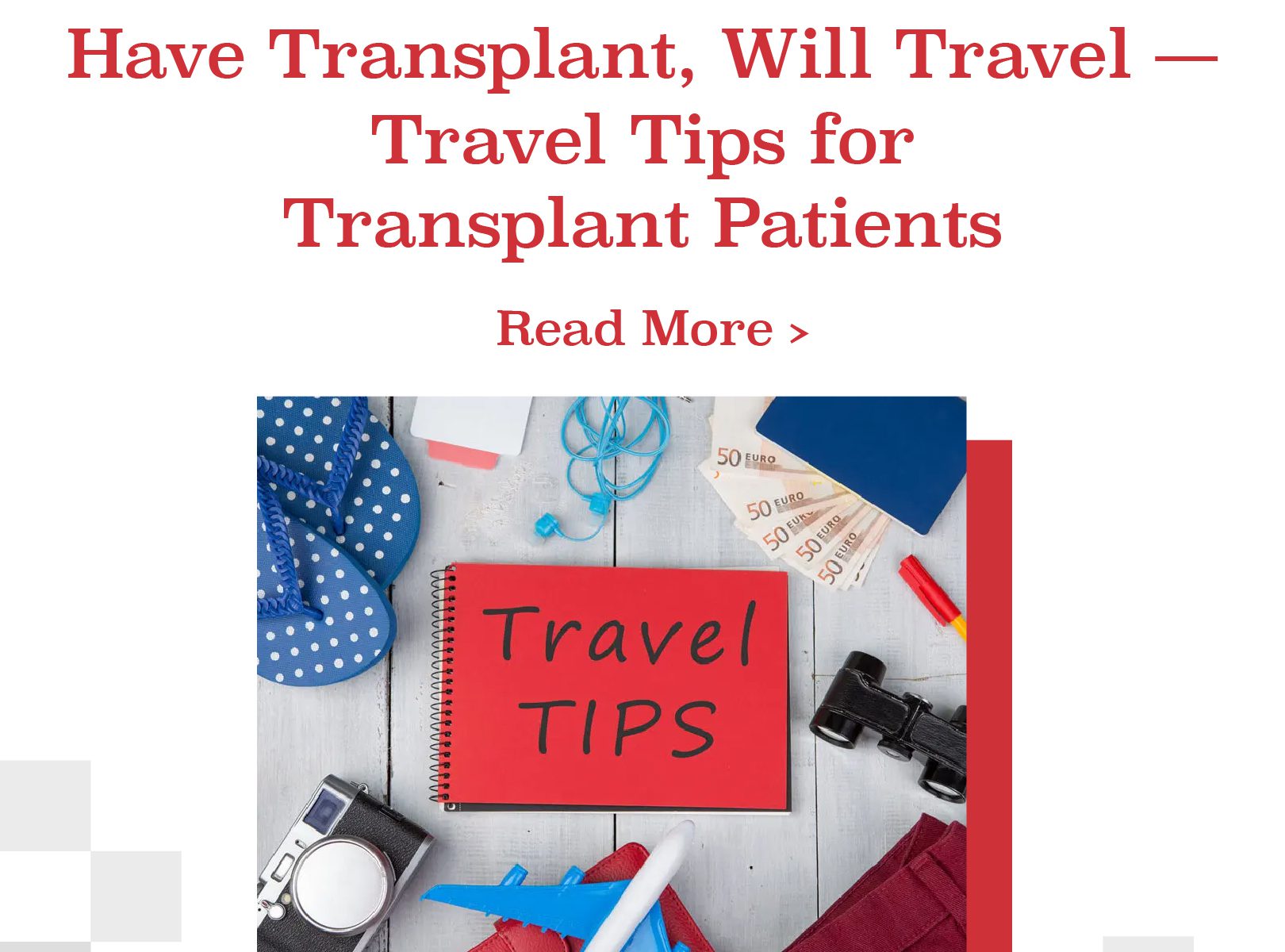The risk of arrhythmias and sudden cardiac death significantly affected medium and long-term outcomes in heart transplant (HT) recipients, who were a special and susceptible population. Data from the National Inpatient Sample from 2009 to 2018 were examined retrospectively. Patients who underwent HT or who have had HT and received newly implanted cardioverter-defibrillators (ICDs) were included in the hospitalization data (excluding the preexisting ICD). Read more in Physician’s Weekly.
COVID-19 Mortality Risk Factors in Kidney Transplant Recipients Identified
Investigators have identified risk factors for COVID-19-related mortality among kidney transplant recipients, including intubation and mechanical ventilation.
Among 218 kidney transplant recipients diagnosed with COVID-19 at a single center in India from April 2020 to July 2021, 30 died. Investigators matched and compared the 30 deceased patients with 188 survivors by age, sex, blood group, living or deceased donor transplant type, transplant duration, comorbidities, immunosuppression, hospitalization vs home care, and history of graft function, infections, acute kidney injury, and related therapies. Read more in Renal & Urology News.
Families of children in need of heart transplants appeal for organs
The families of five children waiting for heart transplants at one hospital are urging people to consider becoming organ donors.
Ten-month-old Leyla Bell, 18-month-old Beatrix Adamson-Archbold, Luke Myles, one, Ethan Mains, three, and Nour Hussein, eight, are being cared for at Newcastle’s Freeman Hospital. Read the full story from BBC News.
Mayo Clinic Q&A Podcast: Father-daughter to compete in Transplant Games of America
Carly Kelly was born with autosomal recessive polycystic kidney disease, a disease that not only affects the kidneys, but also can lead to liver problems. She spent the first month of her life in the Neonatal ICU at Mayo Clinic, where physicians told Carly’s family she would eventually need a kidney transplant. Listen to their story in this Mayo Clinic podcast.
She helped her husband get a kidney. Now, their foundation helps others with their transplant needs.
While most people flinch when asked to fundraise, Jackie Hutz, 60, of Butler, embraces it. “That’s one of the gifts I have. It’s easy for me, and I know it’s not easy for other people.”
After spending weeks or months planning and hosting a Night at the Races, craft show or a popular purse bash, she has no trouble giving away the proceeds to those on the receiving or giving end of organ transplantation. “Until every person on the transplant list can receive an organ in a timely manner,” she said, “I will continue to do the wildest and craziest events to raise awareness and funds.” Read the full story in the Pittsburgh-Post Gazette.
Prevalence of anxiety, depression in U.S. adults elevated in first year of pandemic
Prevalence of clinically significant anxiety and depression among adults in the United States increased during the first year of the COVID-19 pandemic compared with prior years, according to a study published in JAMA Network Open.
“Concerns about adverse mental health effects of COVID-19 have been raised since the beginning of the pandemic,” Ronald C. Kessler, PhD, of the department of health care policy at Harvard Medical School, and colleagues wrote. “Many empirical papers subsequently investigated the association of the pandemic with mental health, and most concluded that the pandemic cause dramatic increases in anxiety and depression.”
Read more in Healio.
Transplant Journey – Music Playlist
We recently put out a call to the transplant community for recommendations of songs that have been impactful during your transplant journey. As always, you didn’t disappoint! We heard from folks across the country who shared songs and some brief descriptions of how they helped them through some time times. Check out their recommendations and listen to the complete playlist on CareDx.com
COVID-19 not linked to increased long-term risk for CVD or diabetes
People infected with COVID-19 do not have increased long-term risks for developing cardiovascular disease or diabetes, according to a study published in PLOS Medicine.
In findings from a population-based cohort study conducted in the U.K., the increased risk for CVD in people who contract COVID-19 begins to decline 5 weeks after infection, whereas the risk for diabetes remains elevated up to 23 weeks after infection before dropping back to preinfection levels. Read more in Healio.
Pig heart transplants in humans show signs of success
In the past month, researchers transplanted pig hearts into two people who had suffered catastrophic heart failure and were left brain dead but remained on life support.
New research in which doctors transplanted genetically modified pig hearts into people who were clinically dead could pave the way for human trials and a future with more organ transplants that can prolong lives.
In the past month, researchers at NYU Langone Health transplanted pig hearts into two people who had recently suffered catastrophic heart failure and were left brain dead but remained on life support. Read more from NBC News here.
Have Transplant, Will Travel — Travel Tips for Transplant Patients
Having an organ transplant shouldn’t keep anyone from traveling but it does require some extra planning and precautions to ensure your health and safety. Whether on the waitlist or post-transplant, travel is often not only a necessity but also a great source of joy for many.
Whether by plane, train, or automobile, check out these simple tips for smooth travel ahead. Read the full story on CareDx.com.







